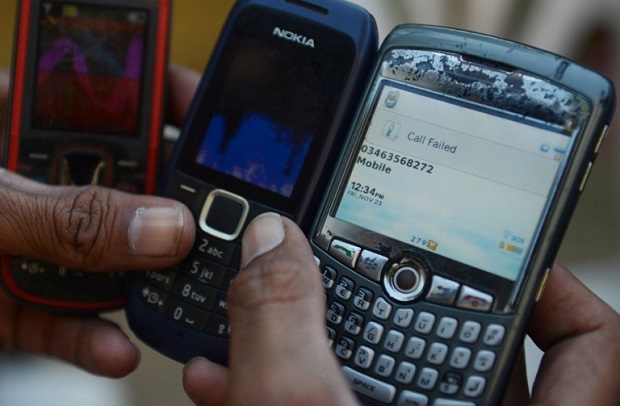A bill seeking to amend the Anti-Wiretapping Law to allow wiretapping on drug cases, coup d’etat and even highway robbery has been approved on the committee level and reported out for plenary debates.
Senator Panfilo Lacson, chair of the Senate committee on public order and dangerous drugs, sponsored Senate Bill No. 1210 on the Senate floor on Wednesday. If enacted, it will be known as the Expanded Anti-Wiretapping Act of 2016.
READ: Bills to allow wiretapping of drug suspects to pass within year — Lacson
The bill was principally authored by Lacson and Senators Gringo Honasan, Grace Poe, and Sonny Angara.
“I would like to describe this measure as comprehensive. However, mere mention of the word comprehensive will definitely raise eyebrows. Let me assure you, with the numerous pronouncements already made by the Supreme Court, the right to privacy shall always be inviolable,” Lacson said in his sponsorship speech of the measure.
“Having said so, I beg the kind indulgence of everybody in this hall and keep in mind that the respect for private lives of individuals still remains as the overall context of the Expanded Anti-Wiretapping Act of 2016,” he said.
“I encourage our distinguished colleagues to view the said amendment rather as a vital tool in enhancing crime prevention and suppression,” Lacson said.
The existing law prohibits and penalizes the secret interception of private conversations except in cases involving crimes of treason, espionage, provoking war and disloyalty in case of war, piracy, mutiny in the high seas, rebellion, conspiracy and proposal to commit rebellion, inciting to rebellion, sedition, conspiracy to commit sedition, inciting to sedition, kidnapping, violations of Commonwealth Act No. 616, punishing espionage and other offenses against national security.
Lacson said the proposed measure seeks to expand the coverage of exemptions to include cases involving the following:
- Coup d’état, Conspiracy and Proposal to commit Coup d’état
- Robbery in band as defined and penalized by Articles 294, 295, 296, 299 and 302 of the Revised Penal Code
- Brigandage/Highway Robbery
- Violations of the Comprehensive Dangerous Drugs Act of 2002
- Violations of the Anti-Money Laundering Act of 2001.
“Though inclusion of additional crimes may appear to open wider gates towards the curtailment of the right to privacy, I encourage our distinguished colleagues to view the said amendment rather as a vital tool in enhancing crime prevention and suppression,” Lacson said.
“Further, the proceeds of judicial wiretapping will definitely strengthen the evidence against apprehended criminals when they are brought before the bar of justice.”
Lacson said the bill sought to require a court order before wiretapping could be allowed.
“Allow me to repeat myself – the respect for private life of individuals still remains as the overall context in amending the antiquated, technologically unresponsive Anti-Wiretapping Act. This measure is no more than a mere balancing of interest in the digital age,” he further said. CBB/rga
